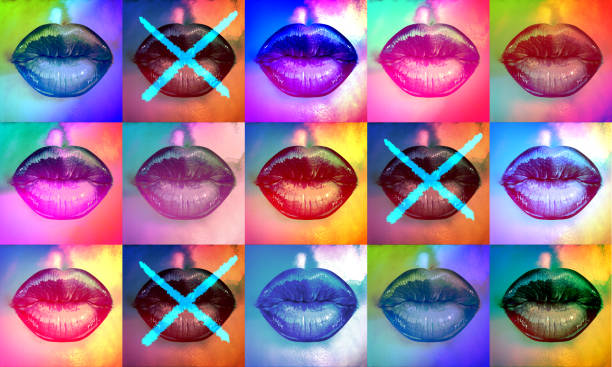Cancel culture and the growing sensitivity of Gen Z
Social Cancel Culture concept or cultural cancellation and media censorship as canceling or restricting opinions that are offensive or controversial to the public with 3D illustration style.
November 29, 2021
The sensitivity of others is changing. Whether you’re an adult or a student or just a child in general there has been tested evidence of peoples sensitivity levels going up. Kids and young adults have been seen to be more sensitive over a topic then adults. This has to do with the way they were brought up in the social media world. There is something new that is “trending” that is called “cancel culture”. People all around the world are getting “canceled” because of others being sensitive to what people are saying or just not liking someone elses opinion. Now I’m not saying everyone should be able to say whatever they want and be insensitive to others but people should be able to say they like the color green without someone saying something like “how can you like green, the plants of the people who picked cotton were green.” Now that sounds crazy to think about but that is something like what people would say.
Tiktok has a big thing to do with the sensitivity of others. Tiktok is a fairly new social media app that has made people famous and has taken the news by storm countless times. Tiktok used to be an app where people would make fifteen second videos of them dancing to a song for other people to see and try. While a good portion of tik tok is still that, there is a new type of tiktok where people can now make 3 minute videos of themselves and they are able to say whatever they want within the tiktok guidelines. People will use these three minutes to “cancel” someone. Basically they will talk about a video that this person has made or something this person may have said, and whether it was bad or not they will try to cancel them in hopes that the tiktok will “blow up” (get a lot of likes) and they will get fame off of the video of them canceling someone. What the person that is making the tiktok will do is they will stitch their video which means they will add on to their video and they will say what they think is wrong. Which usually there is nothing wrong but someone over exaggerates or becomes too sensitive over something to try and get likes on a video. Sometimes, the person making the video will give out all of this person’s personal information (doxxing) and stuff like their phone number, address, and tag their account.
Another way people’s sensitivity has gone up is from more personal experience. They don’t know how others are going to react to what they are gonna say so they feel the need to filter themselves even more. I feel like it’s good to filter yourself to a certain extent but not to the point where you cannot even get across what you’re trying to say because you are scared to hurt someone else’s feelings. People think nowadays that everyone should be nice to everyone instead of saying it how it is. When really saying it how it is might be the best way to fix or start the conversation.
In the medical part of people’s sensitivity, Dr. Aron describes how about 20-30 percent of the population have a highly attuned nervous system that deeply processes information both within and around them. Put simply, highly sensitive people think and feel everything more deeply not because they are weak or inadequate but because of their genetics.
While sensitivity does come with it’s challenges, overthinking and emotional overwhelm to name a few, it’s a powerful strength to have as a leader. In fact, studies have shown that HSPs have more active mental circuitry and neurochemicals in areas related to attention, action-planning, decision-making, and having strong internal experiences.
Overall I think there are many ways to go about being sensitive. There is neither too sensitive or not sensitive. Everyone just needs to find their own and learn when to be sensitive and when not to be. Or when being insensitive isn’t okay.
